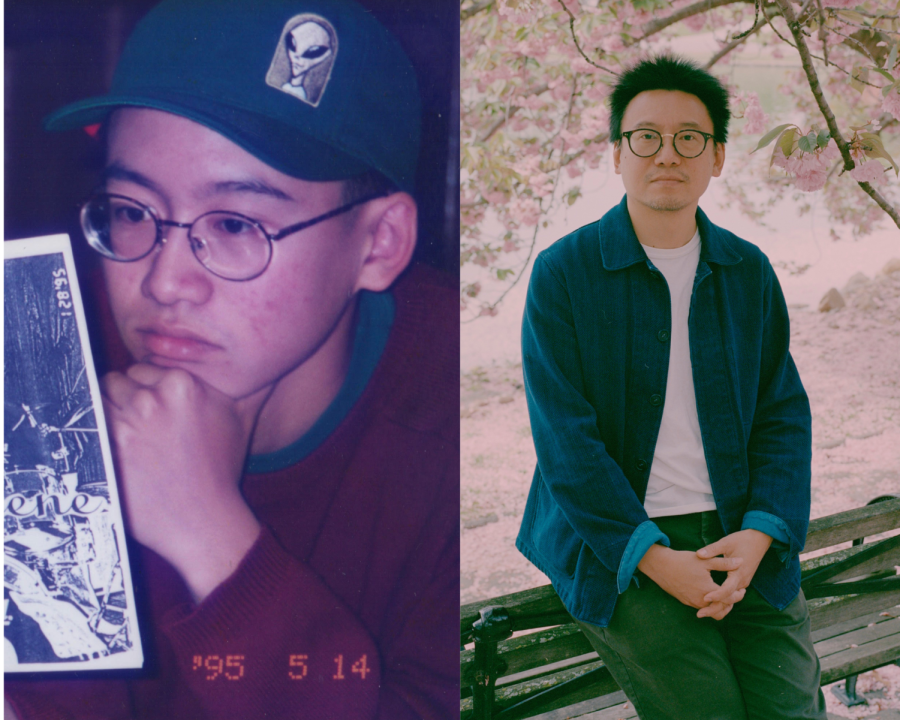Hua Hsu “Stays True”
Used with permission from Hua Hsu
Lynbrook almnus and New York Times top ten book of the year author Hua Hsu.
December 12, 2022
In his memoir “Stay True”, Class of 1995 Lynbrook alumnus Hua Hsu depicts his experiences of being a second-generation immigrant growing up in the Bay Area. Hsu recounts his days at Lynbrook and UC Berkeley and the friendships he made along the way. His writing takes readers along his journey of self-exploration and reconsideration of his identity and relationships, reminding readers to live in the moment.
Born in Illinois, Hsu spent most of his early life in Cupertino with his mother while his father lived in Taiwan. He explored numerous extracurriculars at Lynbrook, but the one that seemed to stick with him most was his work on the school newspaper, the Epic.
“It was fun to have a platform,” Hsu said. “To write your opinion on something and then for other students to react to it.”
After high school, Hsu went on to study at UC Berkeley, the time period that he focuses on in his book , “Stay True: A Memoir.” Released in September, the book, rated on the New York Times’ Top Ten, reveals Hsu’s college experience and delves into his friendship with former peer Ken Ishida, who passed away before their senior year. Following the tragic event, Hsu focused on writing to help deal with his loss. In his memoir, Hsu looks back at days when he would write letters to Ishida, with one written soon after his death discussing everything Hsu missed about him.
“I think that writing is a way of freezing time,” Hsu said. “It brought me back to these conversations that I wanted to spend some more time thinking about, that I could no longer have so it did bring me these moments of peace.”
In 2017, Hsu joined the New Yorker as a staff writer, covering many articles and topics such as Asian American experiences and music. Similar to his memoir, Hsu has pieces that go into his past and provide insight into his childhood.
“In his articles, Hsu writes in the typical New Yorker analytical style, whereas his memoir tends to talk more about his feelings,” English teacher David Clarke said.
By writing them down, Hsu was able to hold onto and analyze his younger self and the experiences he went through. Some of these defining moments include his long distance relationship with his father that mostly existed through letters and faxes, and his life changing friendship with Ishida, who inspired him to write for himself rather than for a job.
Throughout the memoir, readers experience interactions between Hsu and Ishida. From impromptu car rides to sharing their dreams, Hsu’s storytelling brings readers along the journey of the boys’ friendship until its untimely end. The attention to detail throughout the book, like music playing in the background of a scene, provokes readers to feel a part of each moment. Although Hsu’s life contains elements of surprise waiting at every corner, he credits these unexpected encounters for shaping him into the person he is today.
“It’s easy to get ahead of yourself and to worry about the future, but sometimes you need to stay focused on your present,” Hsu said.Hua Hsu “Stays True”




































































Rachel Nicole • Dec 11, 2023 at 1:57 pm
Loved this story!